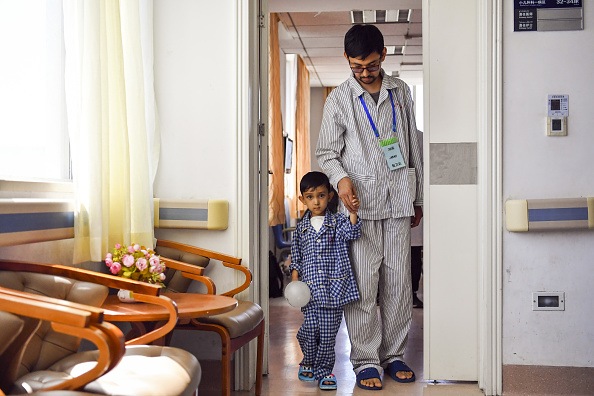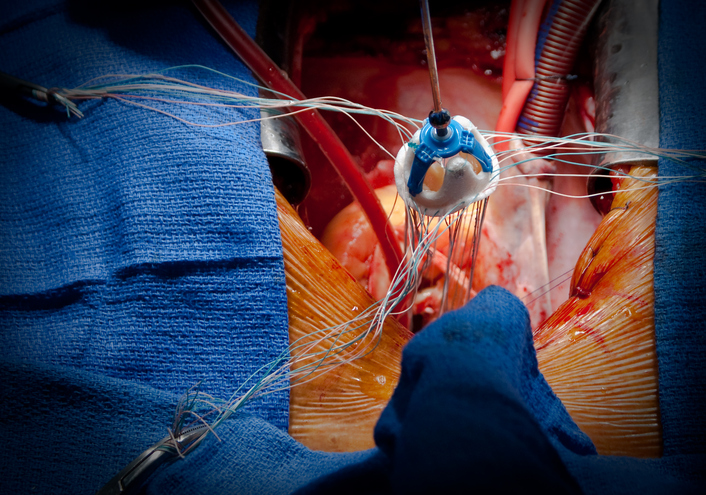
Children and young adults with congenital heart disease (CHD) have more than a two-fold higher risk of developing cancer, according to a study published in JAMA.
In this registry-based, matched, prospective cohort study, researchers used data from the Patient and Cause of Death Registers in Sweden. They appraised cohorts of patients with CHD who were born between 1970 to 1979, 1980 to 1989, and 1990 to 1993. A total of 21,982 patients were matched for birth year, gender, and county with 10 controls without CHD from a general population cohort than comprised 219,816 participants. The researchers aggregated follow-up and comorbidity data from 1970 until 2011. Their data analysis commenced in September 2018 and concluded in February 2019.
According to the findings, 428 patients with CHD and 2,072 matched controls developed cancer. Subsequent to follow-up, by the age of 41, the results showed that 1 of 50 patients with CHD developed cancer. Overall, hazard ratio (HR) for cancer was 2.24 (95% CI, 2.01 to 2.48) in children and young adults with CHD juxtaposed to controls. The risks also indicated among the cohort born from 1990 to 1993, increased to an HR of 3.37 (95% CI, 2.60-4.35. Moreover, the risk of cancer found to be similar in both men and women with CHD (men: HR=2.41; 95% CI, 2.08 to 2.79; (women: HR=2.08; 95% CI, 1.80 to 2.41). The HR for cancer among patients with CHD who underwent surgery was 1.95 (95% CI, 1.58 to 2.33) compared with controls; for patients with CHD who had not undergone surgery, the HR was 2.43 (95% CI, 2.12 to 2.76). The study authors wrote that “according to a hierarchical classification, a significantly increased risk of cancer was found among patients with complex heart lesions, such as conotruncal defects (HR, 2.29; 95% CI, 1.62-3.25), compared with healthy controls.”
https://twitter.com/bioengineerorg/status/1147174421746126848
Heed Early Warning Signs
“The rates of cancer have increased in cancer rates of patients with CHD and, less strikingly, in controls between the 1970s and the early 1990s,” the study authors wrote. “Patients with complex heart lesions, such as conotruncal defects, had a particularly high risk of cancer.”
The authors noted that their study did have limitations, notably because it was based exclusively on administrative data, restricting data on further radiation exposure. Additionally, data were unavailable for outpatients’ clinics prior to the year 2000.
Overall, the authors concluded by writing that their findings “suggests that particular attention should be paid to early warning signs of cancer and promotion of a healthy lifestyle. Further research on the mechanisms of cancer in this young patient group is warranted.”
Risk of cancer among children, young adults with congenital heart disease https://t.co/qXLACuDJAO via @EurekAlert
— Dr Diego Mpia Elenge (@arztdiego) July 6, 2019
Risk of cancer among children, young adults with congenital heart disease https://t.co/U0zWVWkhBA
— Science Codex (@sciencecodex) July 5, 2019







 © 2025 Mashup Media, LLC, a Formedics Property. All Rights Reserved.
© 2025 Mashup Media, LLC, a Formedics Property. All Rights Reserved.